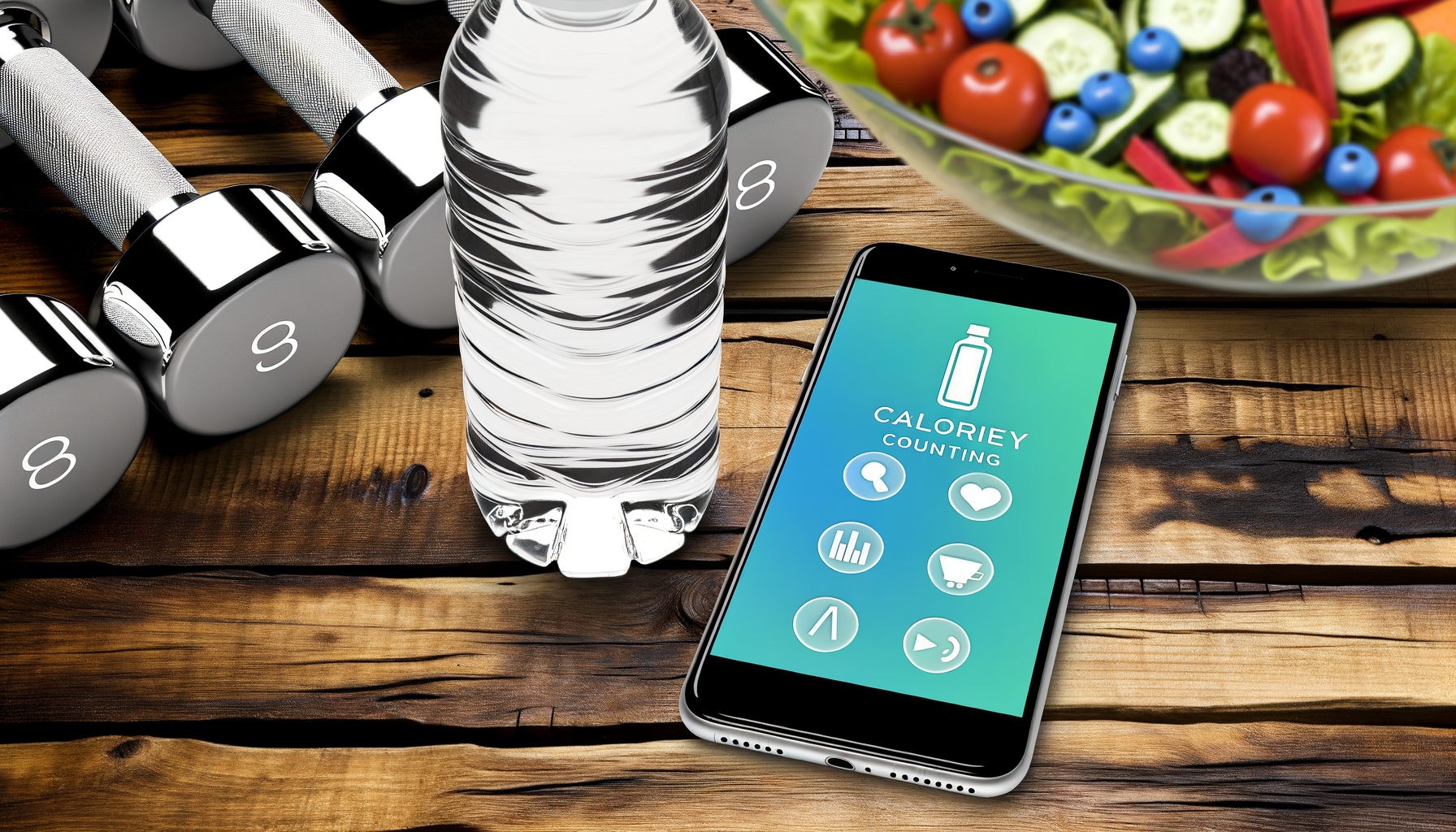The Impact of Calorie Tracking on Sleep Quality and Fitness
September 30, 2024
## The Interconnected Web of Sleep, Calorie Tracking, and Fitness
When it comes to achieving optimal health and fitness, three key components often come into play: sleep quality, calorie tracking, and recovery optimization. Each of these elements is intricately linked, and understanding their relationships can significantly enhance your overall well-being.
### The Role of Sleep in Fitness and Recovery
Sleep is a foundational aspect of both physical and mental health. It plays a critical role in the recovery process after physical activity, which is essential for fitness progress. During sleep, particularly in the deeper stages, the body releases growth hormone, which is vital for muscle growth and repair. Additionally, blood flow to the muscles increases, aiding in the delivery of nutrients and the removal of waste products.
Sleep also has a profound impact on energy levels and cognitive function. Adequate sleep helps in enhancing muscle energy, sharpening reflexes, improving endurance, and boosting overall vitality. This translates into better workout performance and the ability to push harder during training sessions.
### How Calorie Tracking Affects Sleep Quality
Calorie tracking, often used for weight management and fitness goals, can indirectly influence sleep quality. The foods and drinks consumed during the day, as tracked by calorie tracking apps like MyFitnessPal, can significantly impact sleep. For instance, high sugar intake, excessive calorie consumption, and late meals can disrupt sleep patterns. MyFitnessPal's new feature, "Sleep Factors," helps users visualize how their daily food and drink choices affect their sleep quality, providing insights into the optimal ranges for sugar, water, and exercise.
A diet high in calories or fat, or one lacking essential nutrients like calcium, magnesium, and vitamins A, C, D, and E, can make it harder to get enough sleep. Caffeine consumption, especially close to bedtime, is notorious for disrupting sleep.
### The Impact of Sleep on Caloric Intake
Interestingly, the relationship between sleep and calorie intake is bidirectional. Sleep deprivation can lead to increased caloric intake due to the body's altered appetite regulation. When sleep-deprived, individuals tend to overeat and choose high-calorie foods, which can lead to weight gain and other health issues.
Conversely, increasing sleep duration can reduce caloric intake. A study published in *JAMA Internal Medicine* found that young, overweight adults who increased their sleep duration by an average of 1.2 hours per night reduced their overall caloric intake by an average of 270 kcal per day. This reduction in caloric intake could translate to significant weight loss over time.
### Optimizing Recovery Through Balanced Lifestyle Choices
To optimize recovery and enhance both sleep quality and fitness, several lifestyle adjustments can be made:
#### Diet and Nutrition
- Avoid consuming large meals close to bedtime to allow for proper digestion.
- Limit caffeine and other stimulants, especially in the hours leading up to bedtime.
- Ensure a balanced diet rich in essential nutrients to support overall health and sleep quality.
#### Exercise
- Engage in regular exercise, such as aerobic and resistance training, to improve sleep quality. However, avoid exercising too close to bedtime as it can interfere with falling asleep.
- Incorporate physical activity during the day to help regulate sleep rhythms and improve overall health.
#### Sleep Hygiene
- Establish a consistent sleep schedule and create a conducive sleep environment.
- Avoid screens and electronic devices before bedtime.
- Consider personalized sleep hygiene counseling to improve sleep duration and quality.
### Real-World Applications and Tools
Incorporating tools like the WP Calorie Calculator can help in tracking calorie intake and making informed dietary choices. This widget, designed for health and fitness websites, can attract visitors and provide them with valuable insights into their calorie needs, which can in turn affect their sleep quality.
Additionally, apps like MyFitnessPal offer comprehensive tracking features, including the new "Sleep Factors" tool, which helps users understand how their daily habits impact their sleep. By pairing these tools with good sleep hygiene practices and regular exercise, individuals can create a holistic approach to health and fitness.
### Conclusion
The interplay between sleep quality, calorie tracking, and recovery optimization is complex but crucial for achieving and maintaining optimal health and fitness. By understanding how these components interact and making informed lifestyle choices, individuals can enhance their sleep quality, optimize their recovery, and ultimately improve their overall fitness progress.
For those looking to integrate these strategies into their daily routine, consider the following:
- **Track Your Calories:** Use tools like the WP Calorie Calculator to monitor your calorie intake and make healthier choices.
- **Prioritize Sleep:** Ensure you get at least 7 hours of sleep per night and maintain good sleep hygiene practices.
- **Exercise Regularly:** Engage in moderate exercise during the day to improve sleep quality and overall health.
By combining these elements, you can create a balanced lifestyle that supports both your fitness goals and your overall well-being. For more detailed plans and pricing on how to implement these strategies, visit the WP Calorie Calculator Plans page.











